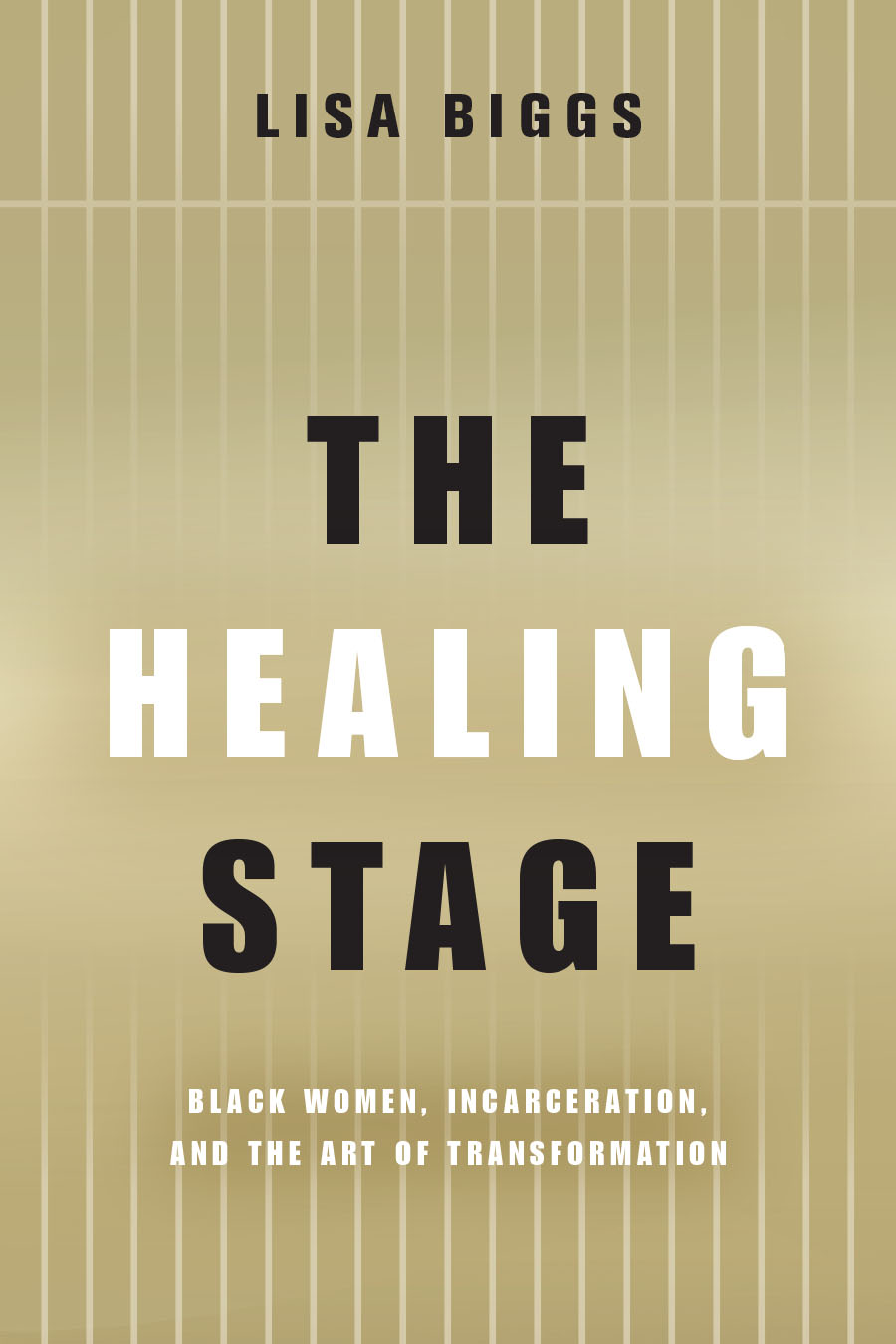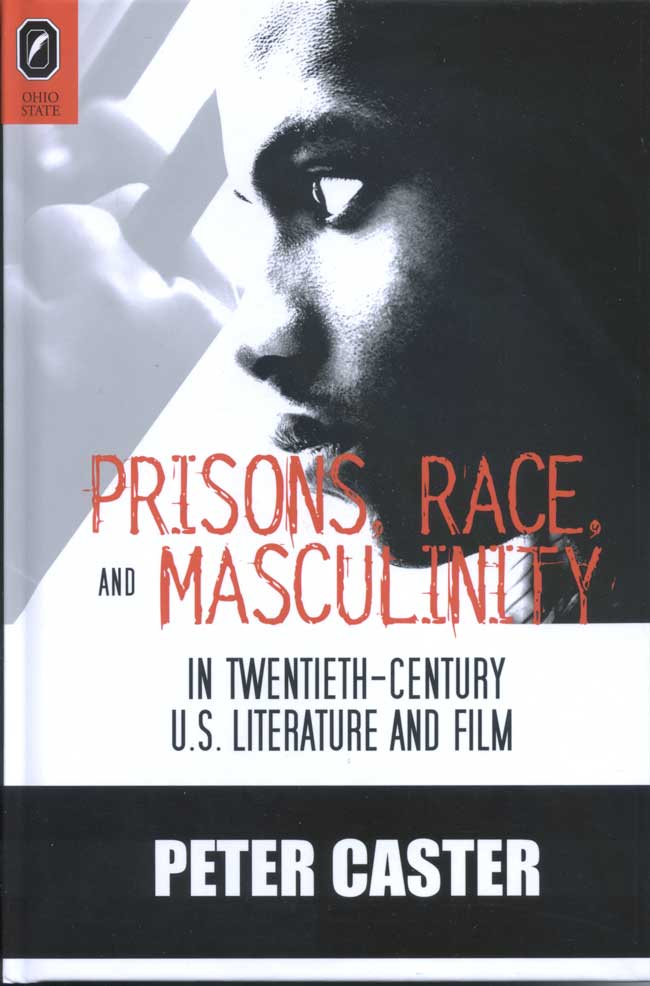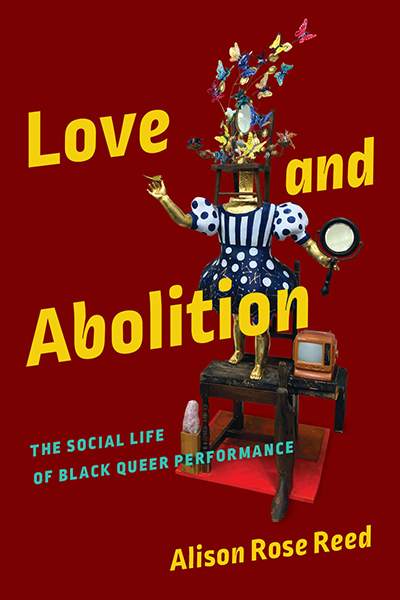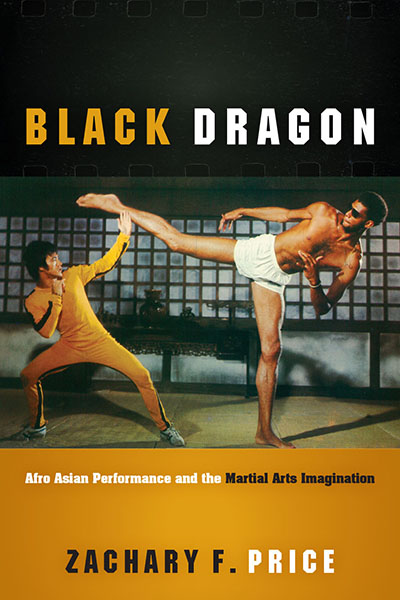Finalist, 2023 ASTR Barnard Hewitt Award for Outstanding Research in Theatre History
Winner of the 2023 ASTR Errol Hill Award
Winner of the 2023 NCA Lilla A. Heston Award for Outstanding Scholarship in Interpretation and Performance Studies
“The Healing Stage is an evocative text that offers much to scholars of both performance studies and carceral studies. It makes a persuasive case for examining art as a central vehicle through which incarcerated Black people across the diaspora, specifically Black women, have articulated their politics.” —Halee R. Robinson, The Journal of African American History
“The Healing Stage draws overdue attention to the needs and perspectives of Black women....The book is written in highly accessible language, using vivid ethnographic writing to develop a grounded theory of stage healing that can be intellectually and emotionally legible to popular audiences and undergraduates as well as graduate students and scholars of American studies, Africana studies, and theatre and performance studies.” —Dani Snyder-Young, Modern Drama
“The Healing Stage makes a unique contribution to the advancing body of scholarship on prison theatre by focusing specifically on Black women and on how the theatre they make grows out of long traditions....As a whole, the book tackles the daunting work of following activism in its most grassroots – and perhaps most potent – form, as those living inside the most oppressive of systems attempt to make a better world for us all.” —Ashley Lucas, Performance Research
“The Healing Stage makes the powerful claim that prison performance programs not only serve to enhance the self-worth of incarcerated women, but also provide a space for enacting worlds full of greater justice, collaboration, respect, and Freedom. Moving across disciplines and practices, Biggs unites disparate intellectual, artistic, and activist communities.” —Omi Osun Joni L. Jones, author of Theatrical Jazz: Performance, Àṣẹ, and the Power of the Present Moment
“Biggs’s writing comes alive in her case studies––especially in moments when her mixed participant/observational status leads to a confession of her own fears or deeper connections with the directors and the women participants.” —Rena Fraden, author of Imagining Medea: Rhodessa Jones and Theater for Incarcerated Women and Blueprints for a Black Federal Theatre, 1935–1939
Over the last five decades, Black women have been one of the fastest-growing segments of the global prison population, thanks to changes in policies that mandate incarceration for nonviolent offenses and criminalize what women do to survive interpersonal and state violence. In The Healing Stage, Lisa Biggs reveals how four ensembles of currently and formerly incarcerated women and their collaborating artists use theater and performance to challenge harmful policies and popular discourses that justify locking up “bad” women. Focusing on prison-based arts programs in the US and South Africa, Biggs illustrates how Black feminist cultural traditions—theater, dance, storytelling, poetry, humor, and protest—enable women to investigate the root causes of crime and refute dominant narratives about incarcerated women. In doing so, the arts initiatives that she writes about encourage individual and collective healing, a process of repair that exceeds state definitions of rehabilitation. These case studies offer powerful examples of how the labor of incarcerated Black women artists—some of the most marginalized and vulnerable people in our society—radically extends our knowledge of prison arts programs and our understanding of what is required to resolve human conflicts and protect women’s lives.
Lisa Biggs is an actor, playwright, and the John Atwater and Diana Nelson Assistant Professor of the Arts and Africana Studies at Brown University.
Contents
Acknowledgments
Introduction
Chapter 1 “She Was No Rosa Parks”: A Black Women’s History of Mass Incarceration in the United States
Chapter 2 How to Stage Healing
Chapter 3 Bad Bad Bad Bad Bad Bad Woman: Making Theater in a Midwestern Jail
Chapter 4 The Pink Dress
Chapter 5 Bring Me My Machine Gun: The Medea Project in South Africa
Chapter 6 It Has Been My Healing to Tell the Dirty Truth
Conclusion Beyond Incarceration
Bibliography
Index





